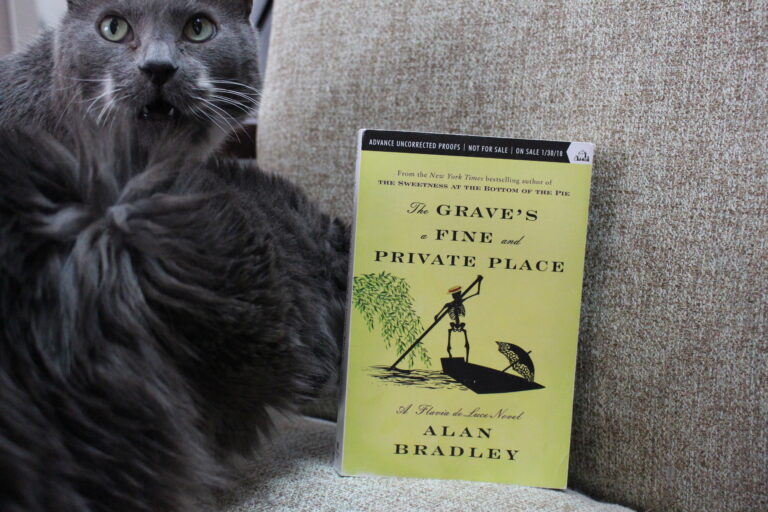Book Review: Children of the Jacaranda Tree
This book piqued my interest for a number of reasons, one of them being the controversy over at Canada Reads a few years ago which touched upon the same subject-the revolution and human rights violations in Tehran. In that particular Canada Reads year, author Marina Nemat had a book in contention that described her experiences of being jailed at the age of 16 in Iran, which came to mind when I picked up this book. My embarrassing lack of knowledge around global history and geography (which will become clear the longer I write this blog) prompted me to launch into a book that I (rightly) assumed would give me a useful and important education into these historical events.
Children of the Jacaranda Tree by Sahar Delijani offers a brief understanding of the issues in Iran at that time, but it focuses more on the impact that it had on the the children of the first revolutionaries in particular. I enjoyed this book because it didn’t get bogged down by explanations or scene-setting, it simply touched upon people’s lives and how the fighting had affected them as individual people, not as ‘a people’, which so many historical novels typically fall into doing. The way the characters were chosen to demonstrate that effect was masterful, and I don’t use that word lightly. Instead of following a particular family, the characters were linked in an intentionally haphazard way which gradually introduced the reader to the commonality of their experiences and the far-reaching affects of the war. Rather than focusing on the parents who had to endure the brutality in the prisons, Delijani focused on the children of the prisoners, some of them surviving children, some of them simply retelling the stories of their parents’ ordeal. 
The book comes to a powerful close with a scene that involves Neda, a child who is born in a Tehran prison at the very beginning of the novel (which should be mentioned, the author herself experienced, having been born in Tehran to an imprisoned mother). She is forced to confront one of the most difficult challenges of the book; her lover Reza has admitted to her, a political refugee himself, that his father was originally a member of the Revolutionary Guard. This was the group who jailed and executed the political “rebels”, and Reza’s father originally believed what he was doing was right, and only later left the group to become a political rebel himself having realized that the Guards he had originally aligned himself with did not stand for the same ideals he did.
This situation is so difficult (and admittedly engaging) as a reader because it blurs the line of the good and bad. Neda struggles to understand and accept this honest admission, but she also finds it troubling, questioning whether Reza’s father was personally responsible for jailing or torturing any of her family members. Although a resolution in the novel is impossible, it ends on a hopeful note, implying a step towards regaining a childhood spirit that was taken away from them both.
As a reader, I generally gravitate towards books with a humorous or light premise, but I think books like this are important for people to read because it forces us to learn about dark parts of the world in an engaging way. I don’t listen to the news enough, and I don’t always make the most effort to understand the political climates of other countries (let alone my own), but reading about these issues within a fictional narrative provides an accessible avenue for uninformed people like myself, and we have brave and honest writers like Sahar Delijani to thank for that.





Congrats on a new endeavor and a great blog! I love to read but with 3 little ones don’t get to as much as I’d like. I will be following regularly to get a preview of books I won’t have time to read:) and occasionally enjoy one of the books you’ve recommended.
All the best…
Heather Bush
Thanks Heather! I hope you get the chance to read at least a couple of books, next time I see Jim I’ll remind him you need to catch up on your reading :)